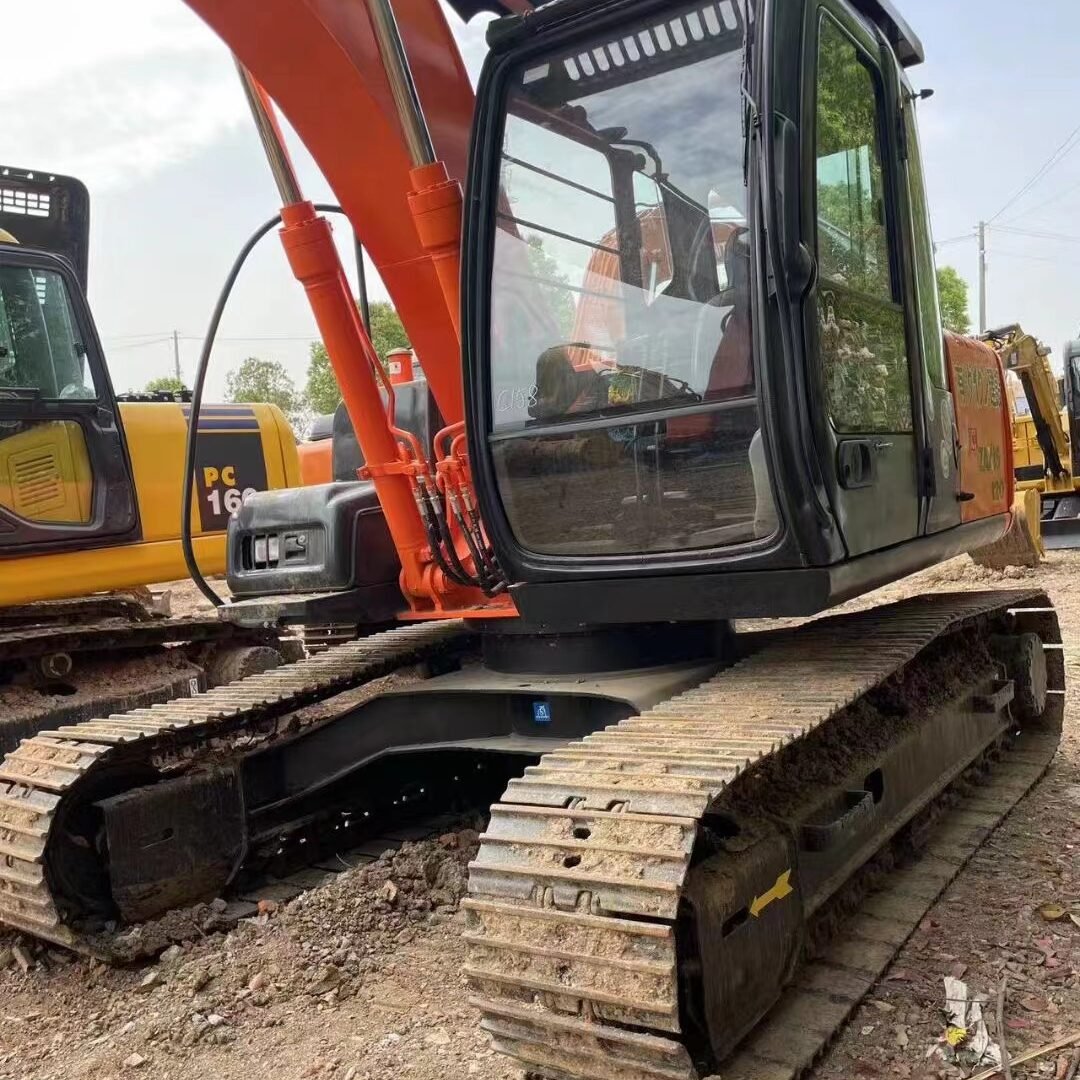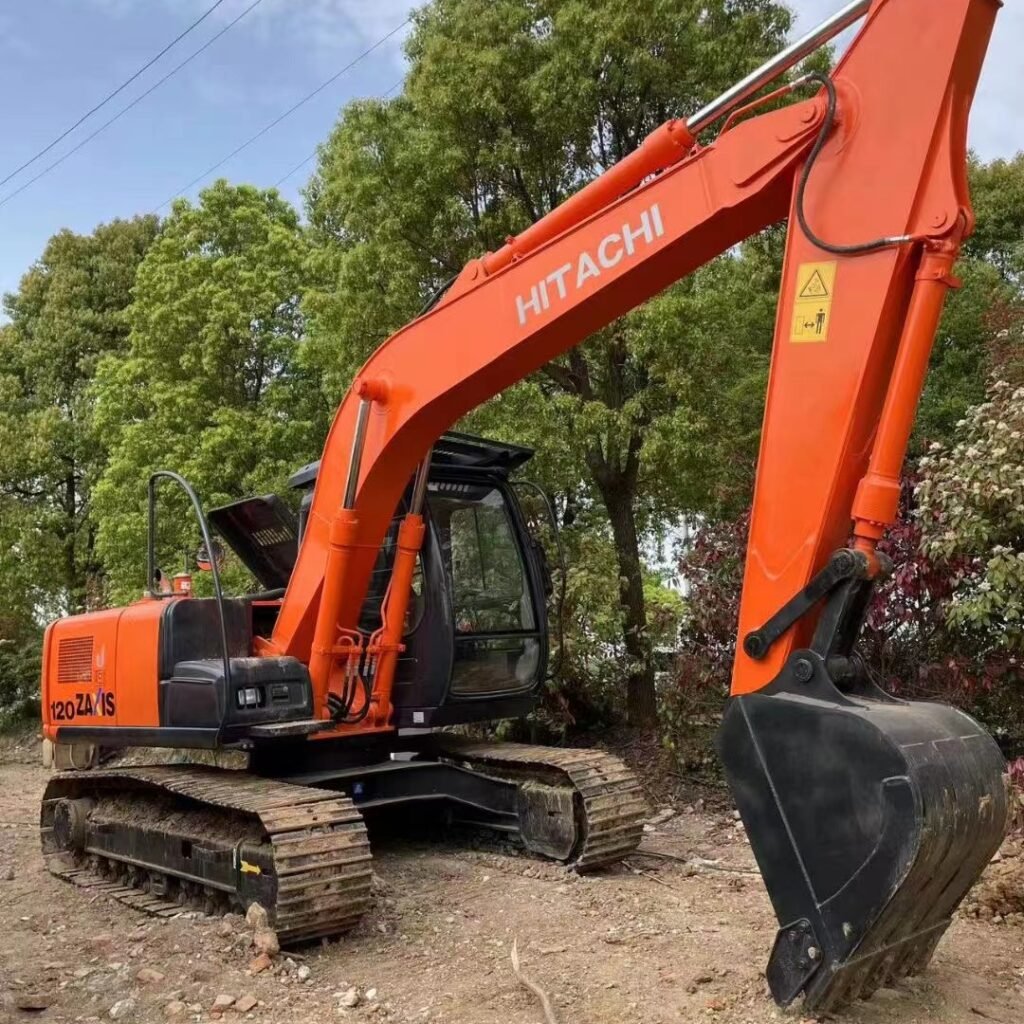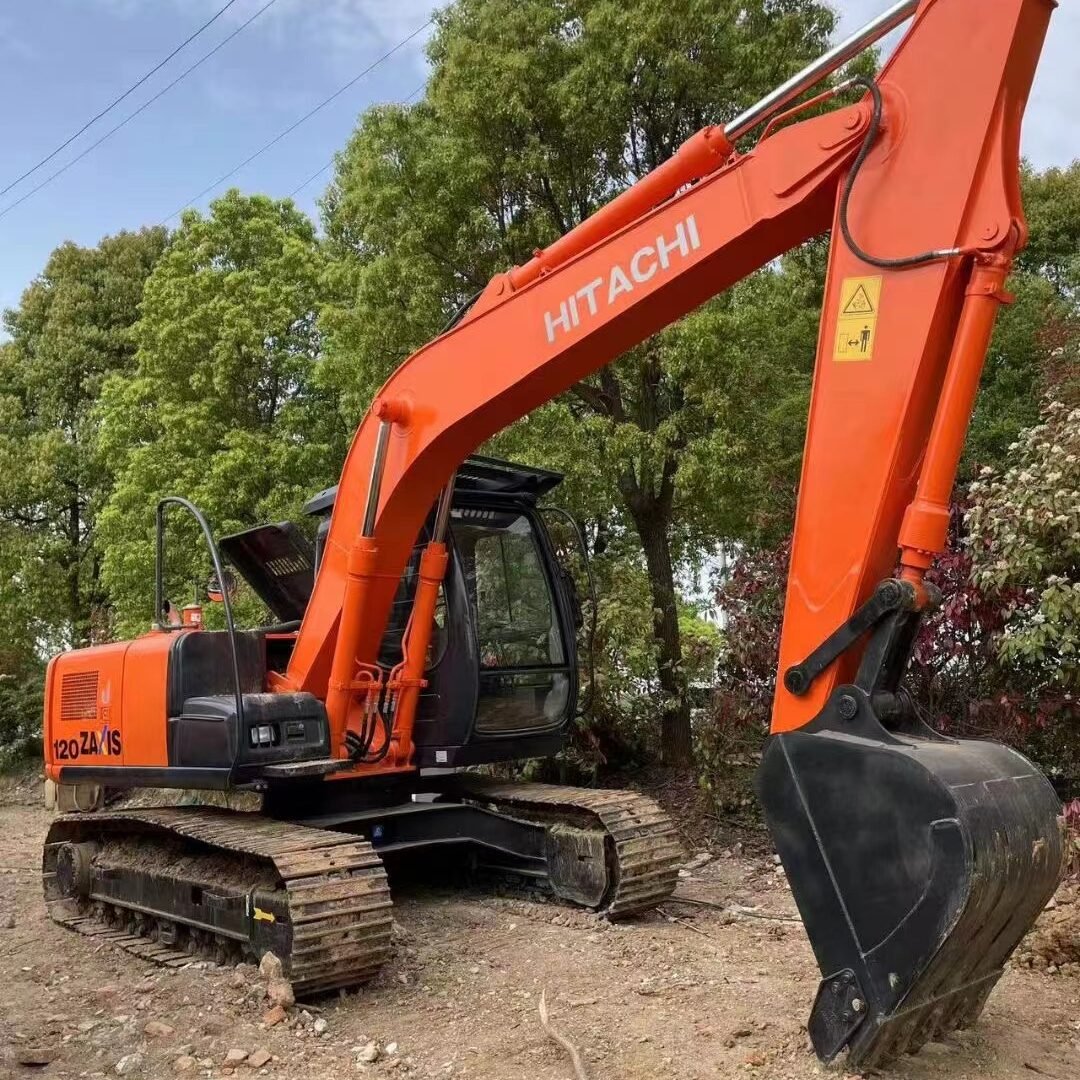I. Introduction
- Background:
- In the global business environment, the heavy machinery industry faces diverse market demands and stringent compliance requirements. For the import of used excavators, companies must thoroughly understand the laws and regulations of the target market to ensure the legality of all operations. Compliance is not only a legal obligation but also a key factor in maintaining corporate reputation and enhancing market competitiveness. By adhering to local regulations, companies can avoid potential legal disputes, fines, and reputational damage, thereby achieving sustainable development.
- Objective:
- This article aims to provide comprehensive guidance on how to gain an in-depth understanding of target market regulations and standards to ensure compliance in importing excavators. By analyzing various aspects of regulations, it will help companies formulate effective compliance strategies, reduce risks, and enhance market competitiveness.
II. Overview of Target Market Regulations
- Major Types of Regulations:
- The regulations related to importing excavators are diverse and include:
- Import Licenses: Many countries require an import license before importing heavy machinery to ensure that the equipment complies with local legal requirements. Companies need to understand the application process and necessary documentation in advance.
- Safety Standards: Regulations concerning the safety of the equipment, ensuring that excavators are safe and reliable during use, protecting both operators and the surrounding environment.
- Environmental Requirements: Regulations related to the environmental performance of equipment, ensuring that imported machinery meets environmental standards and minimizes negative impacts on the environment.
- Business Registration and Tax Regulations: Legal requirements for conducting business in the target market, including company registration and tax documentation.
- The regulations related to importing excavators are diverse and include:
- Regulatory Updates and Dynamics:
- Laws and standards in the target market are constantly changing, and companies should regularly monitor these changes to avoid compliance risks due to regulatory updates. Channels for obtaining the latest regulatory information include:
- Government Official Websites: Many government agencies publish updates on laws and regulations, which companies should regularly check.
- Industry Associations: These organizations are important sources for obtaining the latest industry regulations and policy updates, often providing interpretations and recommendations.
- Professional Consulting Firms: Collaborating with consulting firms can provide customized legal analyses to help companies better understand complex regulatory environments.
- Laws and standards in the target market are constantly changing, and companies should regularly monitor these changes to avoid compliance risks due to regulatory updates. Channels for obtaining the latest regulatory information include:
III. Safety Standards
- Definition of Safety Standards:
- Safety standards are critical for ensuring the safety and operational reliability of excavators during use. These standards aim to protect operators, the surrounding environment, and the equipment itself, preventing accidents caused by equipment failures or improper operation.
- Key Safety Standards:
- The applicable safety standards and certification requirements in the target market may include:
- ISO Standards: Standards set by the International Organization for Standardization (ISO), covering various aspects of equipment design, manufacturing, and testing to ensure compliance with internationally recognized safety and performance criteria.
- CE Marking: In the European market, the CE mark indicates that a product meets European safety, health, and environmental requirements. Companies must ensure that their products obtain this marking for legal sale.
- Specific National or Regional Safety Certifications: Some countries may have specific safety certification requirements, such as the Occupational Safety and Health Administration (OSHA) standards in the United States, which companies must comply with.
- The applicable safety standards and certification requirements in the target market may include:
- Compliance Checks:
- Companies should establish compliance checking mechanisms to ensure that all imported excavators meet relevant safety standards. The checking process may include:
- Document Review: Reviewing product compliance certificates, test reports, and safety manuals to ensure all documents are complete and meet requirements.
- On-site Inspections: Conducting on-site inspections before the equipment arrives to verify its safety and compliance, and inviting third-party professionals for testing if necessary.
- Companies should establish compliance checking mechanisms to ensure that all imported excavators meet relevant safety standards. The checking process may include:

IV. Environmental Requirements
- Importance of Environmental Regulations:
- With the growing global focus on environmental protection, environmental regulations play an increasingly vital role in the import of excavators. Complying with environmental regulations is not only a legal obligation but also part of corporate social responsibility, enhancing a company’s image and competitiveness in the market.
- Key Environmental Standards:
- The environmental standards and requirements in the target market include:
- Emissions Standards: Different countries have strict limits on emissions for heavy machinery. Companies must ensure that their equipment complies with local emissions standards, such as the EU Stage V standards for diesel engines.
- Noise Control Requirements: Some markets impose strict noise regulations on machinery to ensure that equipment does not adversely affect the surrounding environment.
- Waste Management Regulations: Companies must understand how to manage waste generated by excavators during use, ensuring compliance with environmental regulations to avoid legal liabilities.
- The environmental standards and requirements in the target market include:
- Environmental Compliance Audits:
- Provide specific steps and methods for conducting environmental compliance audits to ensure that imported equipment meets environmental regulations:
- Assessing Environmental Impact: Analyzing the environmental impact of the equipment during use to ensure compliance with relevant regulations.
- Submitting Environmental Reports: Submitting environmental compliance reports to relevant authorities as required by regulations to ensure compliance and obtain necessary approvals.
- Provide specific steps and methods for conducting environmental compliance audits to ensure that imported equipment meets environmental regulations:
V. Business Registration and Tax Compliance
- Business Registration Requirements:
- Registering a business in the target market is fundamental for legal operations. Companies should understand the registration process and required documentation. This typically includes:
- Company Name Registration: Ensuring the uniqueness and legality of the company name to avoid conflicts with existing businesses.
- Applying for Business Licenses: Obtaining necessary business licenses according to local laws to operate legally, requiring the preparation of relevant documentation and application forms.
- Registering a business in the target market is fundamental for legal operations. Companies should understand the registration process and required documentation. This typically includes:
- Tax Compliance:
- Key tax requirements involved in importing excavators include:
- Tariffs: Understanding the tariff policies of the target market and calculating import costs to ensure pricing reflects these factors.
- Value-Added Tax (VAT): Ensuring compliance with VAT regulations during tax reporting to avoid potential legal issues. Companies should be familiar with local VAT rates and filing requirements.
- Best practices for tax compliance include:
- Regular Audits: Conducting regular tax audits to ensure all tax records are accurate and correcting issues as they arise.
- Consulting Tax Experts: Seeking advice from tax professionals to ensure adherence to the latest tax regulations and to avoid fines and legal liabilities due to non-compliance.
- Key tax requirements involved in importing excavators include:
VI. Conclusion
- Summary of the Impact of Regulations and Standards:
- Gaining an in-depth understanding of regulations and standards in the target market is crucial for ensuring compliance in the import of excavators. Compliance not only helps companies avoid legal risks but also enhances market competitiveness and promotes sustainable development.
- Call to Action:
- Companies are encouraged to actively research and adhere to the regulations and standards of the target market to ensure compliance. By establishing robust compliance management systems, businesses can not only mitigate risks but also achieve greater success and recognition in the international market. To thrive in a competitive environment, companies must commit to ensuring that all import activities comply with relevant laws and regulations.



